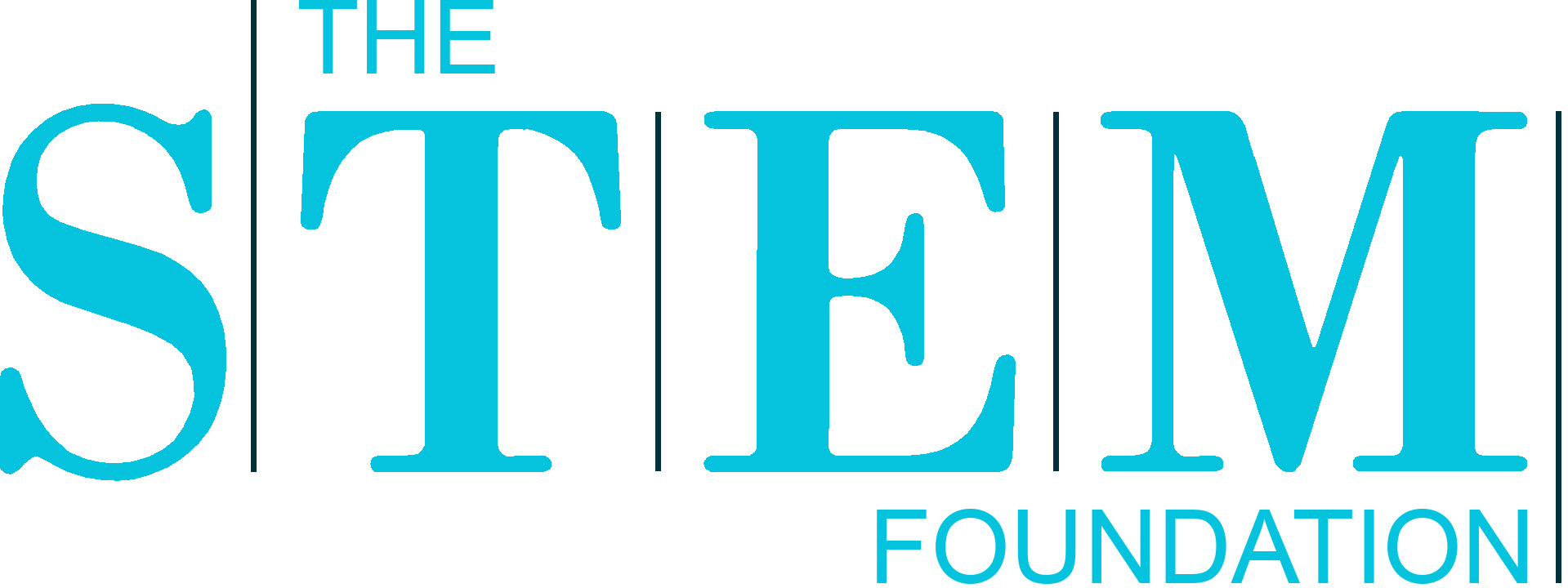Guest Contributor|April 2023
What keeps business owners up at night?
It’s probably no surprise that inflation tops the list for Washington employers. That’s according to an Association of Washington Business members survey conducted in late December and early January. Sixty-nine percent of survey participants saw it as a major challenge.
But a close second, at 62%, was concern for the lack of qualified workers. It’s not a new worry, but one that has been elevated during the post-pandemic period. Service workers to science, technology, engineering and mathematics (STEM) professionals – all are in demand.
And, while worker shortages eventually may ease in some occupations, the need for technically skilled employees is only expected to grow.
The international Organization for Economic Co-operation and Development recently estimated that almost one-third of all jobs worldwide will be transformed by technology by 2030. In the United States, recent U.S. Bureau of Labor statistics show STEM jobs growing by nearly 11% between 2021-31, more than doubling the projected 4.9% rate for all other occupations.
What’s true globally and nationally is certainly true here in our backyard. To maintain and expand the Tri-Cities’ national and regional leadership in environmental, agricultural and health care services, for example, will require developing and broadening the local talent pool.
Career-connected learning (CCL), an educational model for better connecting what happens in school classrooms with what’s needed in the workplace, offers an approach to growing more home-grown talent, both STEM and non-STEM-related.
CCL brings together schools, post-secondary institutions and employers to expand potential career pathways, including those beyond the traditional route of a four-year university.
That’s why it’s exciting to see organizations across the region partnering to create career-focused programs and activities that prepare students for today’s and tomorrow’s workplace. Here are just three examples:
- At Columbia Basin College, the Pathways to Hanford program is designed to support students exploring career choices at Hanford while also gaining insights of company values, types of careers, internship programs, desired skills and the hiring process. Through the program, students have the opportunity to develop a professional network with Hanford contractors by attending networking events, workshops and drop-in hours.
- Building on in-classroom STEM Like ME! activities provided by The STEM Foundation, CBC hosted New Horizons High School and Kiona-Benton City High School seniors in a daylong experience where students met with instructors and students and participated in career exploration sessions on agriculture, cybersecurity, nuclear technology and manufacturing technology.
- Washington River Protection Solutions (WRPS) has established a unique internship cooperative employment program with WSU Tri-Cities. The organizations will work together to recruit and select up to 10 students per year for the program. The students will work full time for one summer and a flexible part-time schedule during the school year. WRPS intends to offer successful co-op interns full-time employment opportunities after graduation.

